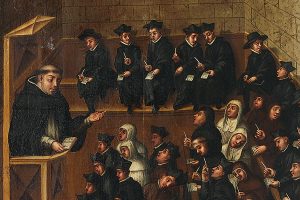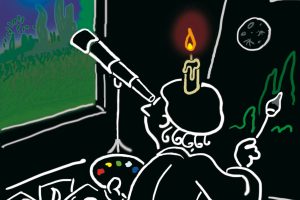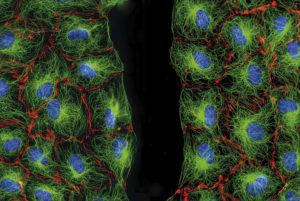Search
Christianity has produced stories that have served as a reference point for scientific research for centuries. Two of these examples are analysed here, the story of Creation and the story of Noah's Ark.
The article defends the idea that theology should disappear from university programmes. It cannot be a science because it is based on faith and authority.
Retraction is a compulsory literary genre: it is only written by one who has no other choice, and it does not pursue fame. Except for a few media cases, retractions go unnoticed by the public. What makes for hot news?
In late-Middle-Age Central European monasteries, nuns like Hildegard von Bingen rivaled monks in intellectual excellence.
Lucretian inductions, Galilean evidence or Darwinian deductions were attacks against mental laziness, which is more powerful than any dogma can be. Ideological reasons do not explain human resistance to change. Basically, they tend to sloth.
This article deals with festivities linked to rites of passage, which serve to sanction changes in social status based on age and gender. Therefore, it looks at rituals related to the life cycle, such as baptism, first communion, marriage or death, symbolic actions intertwined with a thoroughly culture-defined biological cycle and occurring in unequivocally festive contexts.
There is a solid body of literature on ethical aspects of nanotechnology, but it comes almost entirely in the secular voices of professional ethicists. Meanwhile, recent studies show that religious beliefs are likely to be powerful determinants of lay public reactions to nanotechnology. There have







